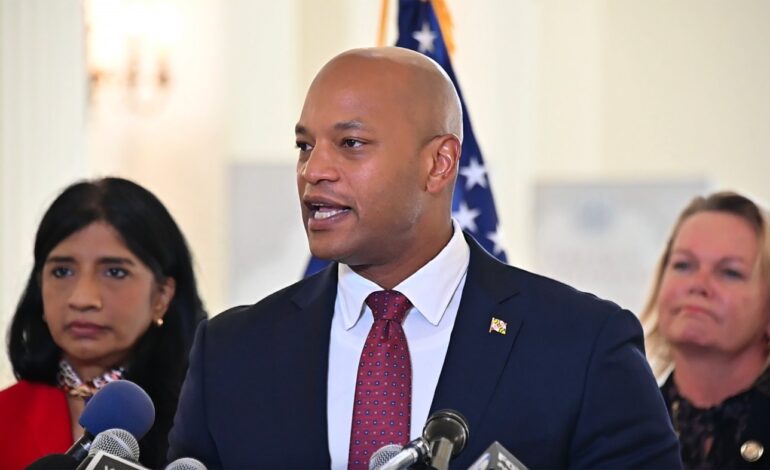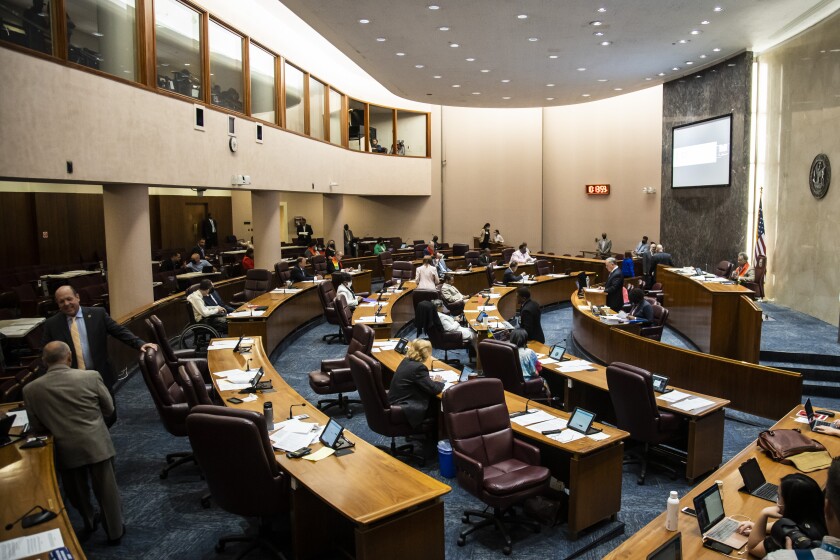Maryland Governor Wes Moore Faces Backlash Amid Declining Approval

BREAKING: Maryland Governor Wes Moore is under increasing scrutiny as his approval ratings plummet, with recent polls indicating that while a majority of Marylanders support him, they struggle to identify his accomplishments. This urgent situation is drawing attention just under three years into his term, as critics point to a disconnect between his bold rhetoric and the state’s economic reality.
A recent poll reveals that 3.6% of Maryland’s unemployment rate has risen from 2.3%%, contradicting Moore’s claims of achieving one of the lowest unemployment rates in the nation. The governor’s statements come under fire as Maryland now ranks 15th in unemployment, a stark contrast to its previous standing of fifth-lowest when he took office in January 2023.
Moreover, Maryland’s economic indicators are alarming. Since 2022, the state’s real median annual household income has dropped 4.9%, while neighboring Virginia has seen a significant rise of 7.6%. Adding to the urgency, Maryland’s overall cost of living is now the seventh-highest in the U.S., with housing costs soaring 26% above the national average. Consequently, the homeownership rate in Maryland has fallen to 68.5%71.8%% before Moore’s inauguration.
Public safety data offers a mixed picture. While Maryland has seen a 30% reduction in its homicide rate, it trails behind the national average of 29%% and Virginia’s 8.4%% decline in violent crime. This minor drop in violent incidents, just 0.7%% from 2022 to 2024, fails to support Moore’s claims of “one of the fastest drops in violent crime anywhere in America.”
As Moore’s administration grapples with these challenges, state government employment has surged by 16.7%% since January 2023, compounded by a $1.6 billion increase in state taxes aimed at addressing a burgeoning budget deficit. Critics argue that this unsustainable growth, coupled with declining economic performance, signals a need for immediate change in leadership direction.
The Chief Executive‘s recent survey ranks Maryland 35th for business climate, while the Cato Institute places it at 44th for economic freedom. In contrast, Virginia ranks 9th and 18th in the same categories, intensifying the scrutiny on Moore’s effectiveness as a leader.
As the situation unfolds, observers wonder if Governor Moore can leverage his notable communication skills to address these pressing issues and shift the course of his administration. His ability to engage with legislators and the public will be critical in determining Maryland’s economic future.
The people of Maryland are left asking: Can Wes Moore turn this ship around before it’s too late? The urgency for a course correction has never been more pronounced. Stay tuned for further updates as this story develops.






